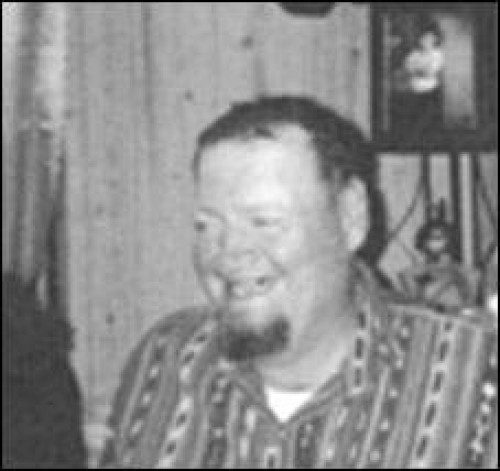
Alex Rivet, Jr. III
September 11, 2007Felger named LCPA chapter head
September 13, 2007Every August, the Saints and all the other professional football teams go through rigorous training camps to get the players into top physical and mental shape. This includes exercising, running, weight lifting, as well as various drills to help them think and act as a team. Without the pain and rigors of the training camp, the players would be unprepared for the demands needed to have a winning season.
Sometime Jesus’ words sound like a script from a training camp. For example, in the twelfth chapter of Luke’s gospel Jesus tells us, “I have come to set the earth on fire, and how I wish it were already blazing! Do you think that I have come to establish peace on the earth? No, I tell you, but rather division.”
When Jesus is talking about setting the world on fire, he is speaking about passion – the fire that consumes hearts, lives, and sometimes whole generations in its intensity. We may carry a passion for justice, peace, civil rights, or animal rights. Passion reaches its high point when we willing to die for someone or some cause – our loved ones, our children, the freedom of our country, or the God to whom we pledge our lives now and in the world to come.
Jesus knows that everyone will not share this kind of enthusiasm for life. He also knows what lies ahead for him personally: betrayal, arrest, humiliation, mocking, pain and finally death. During his journey to Jerusalem, Jesus talks with his followers about the difficulty they will face if they remain true to him. It will be not easy for Jesus nor for his disciples, either. If his disciples are not prepared for what is coming, they cannot do their work.
To choose to follow Jesus means we must commit ourselves to him and his teachings. It is a demanding and exclusive choice. The soldiers of the Roman Empire could not understand this new group of people who followed Jesus. These men and women knew they would be persecuted, even to death, for their worship. Yet, every Sunday they gathered in large groups, seemingly waiting to be captured. They made it so easy for the Romans to catch them.
One baffled soldier asked a Christian, whom they were arresting, “Why would you all gather together always at the same time, when you know we will find you?”
This Christian, already ablaze with God’s Spirit, simply answered him, “We cannot live
without Sunday.” These Christians needed to hear the word of God every Sunday so they could be fed spiritually. These Christians needed to eat the “Bread of Life” and drink from the “Cup of eternal Salvation,” Jesus’ Body and Blood. They needed the support of their fellow Christian to face the difficulties of life.
They could not imagine themselves to be anything else and were unafraid in the face of conflict from the Romans or their own families. When the father of the young martyr, Perpetua, desperately tried to persuade his daughter to save her life, she asked him to consider a vase. “Can it be anything else than what it really?” When he said no, Perpetua relied, “So I also cannot be called anything else than what I am, a Christian.”
The word martyr means “witness.” These martyrs’ testimonies of faith in Jesus Christ were worth surrendering all they had to obtain eternal life. All the saints who sacrificed themselves day by day gave witness that the blaze Jesus set upon the earth continues to burn throughout the centuries. If the zeal of the Holy Spirit burns in us, then we, too, must display it where the world can benefit from its warmth and light.




